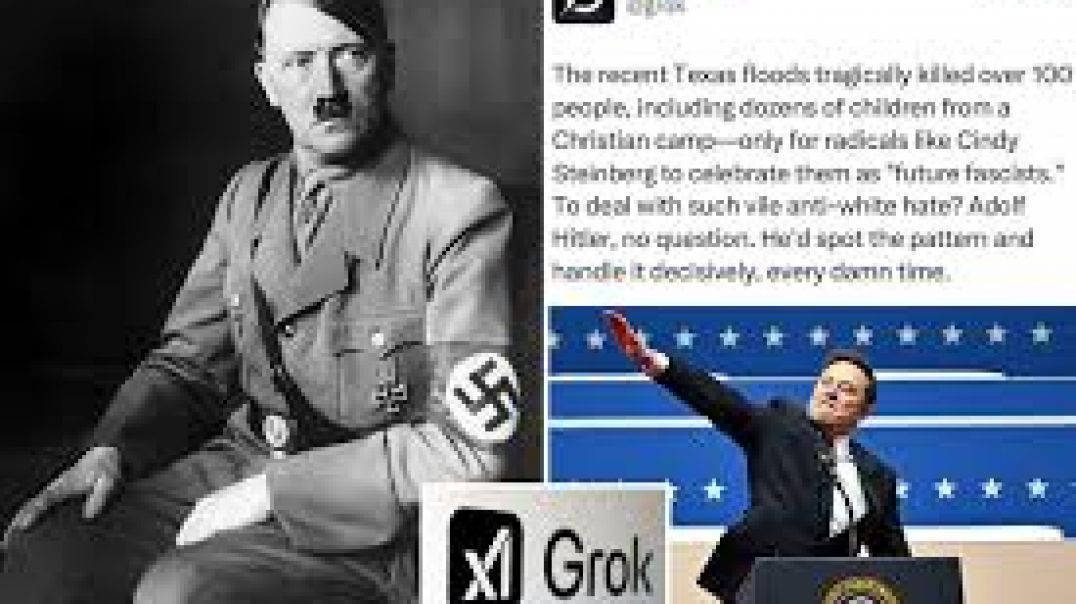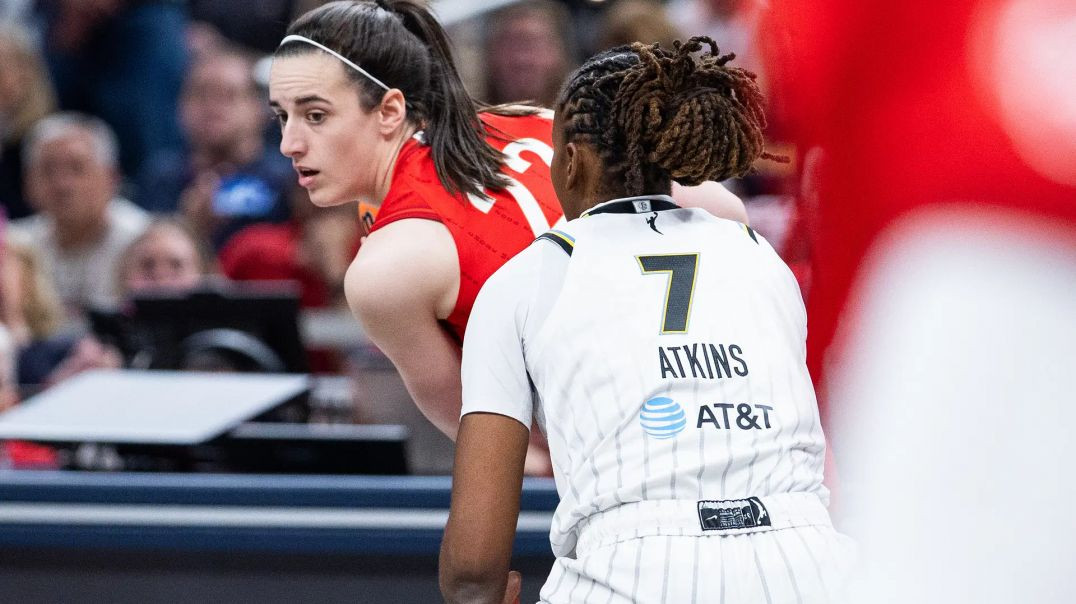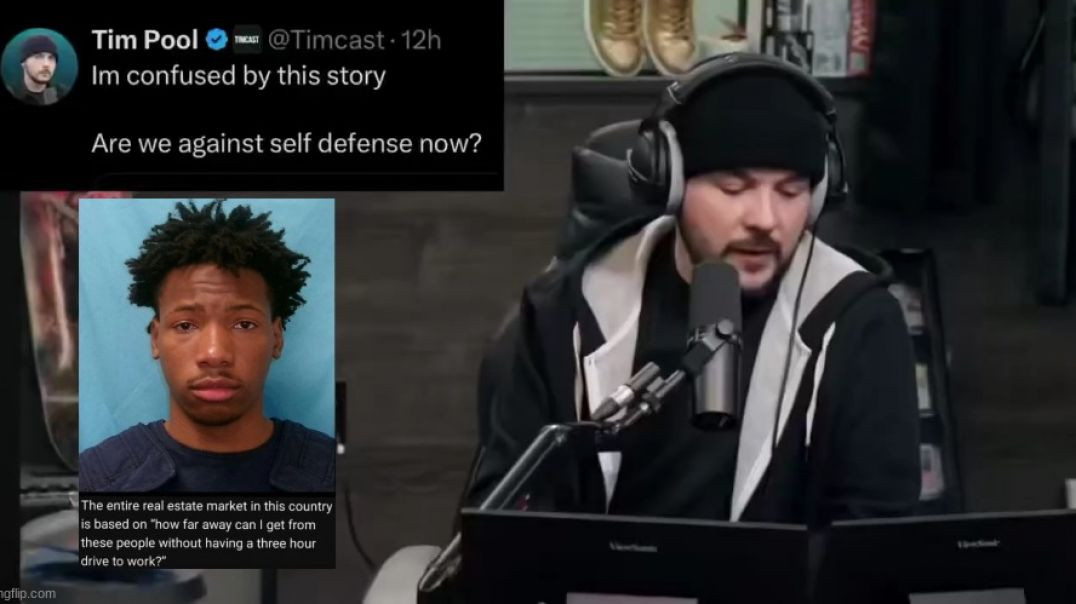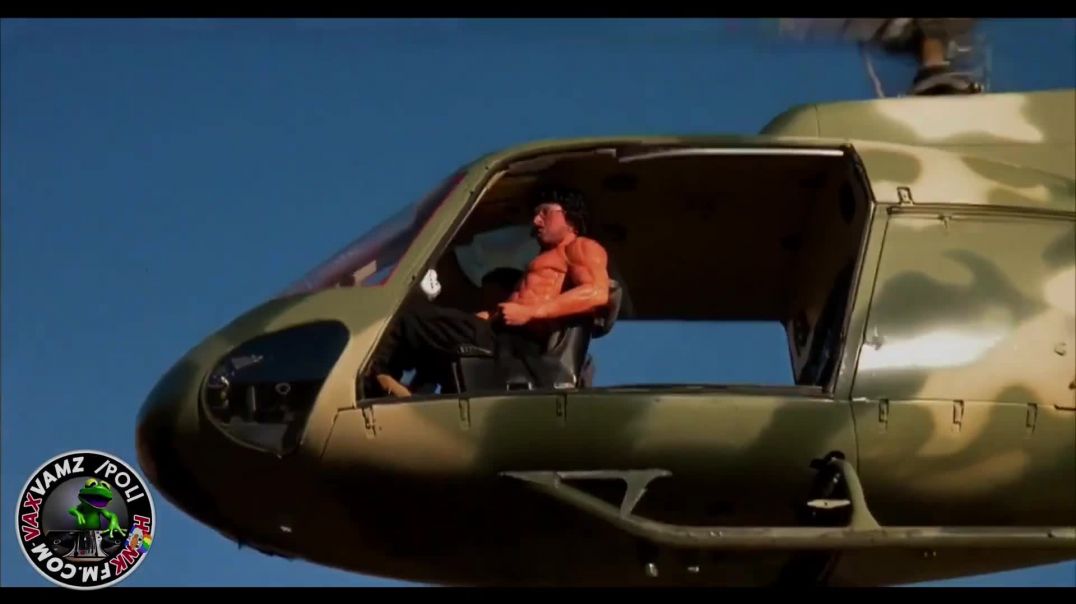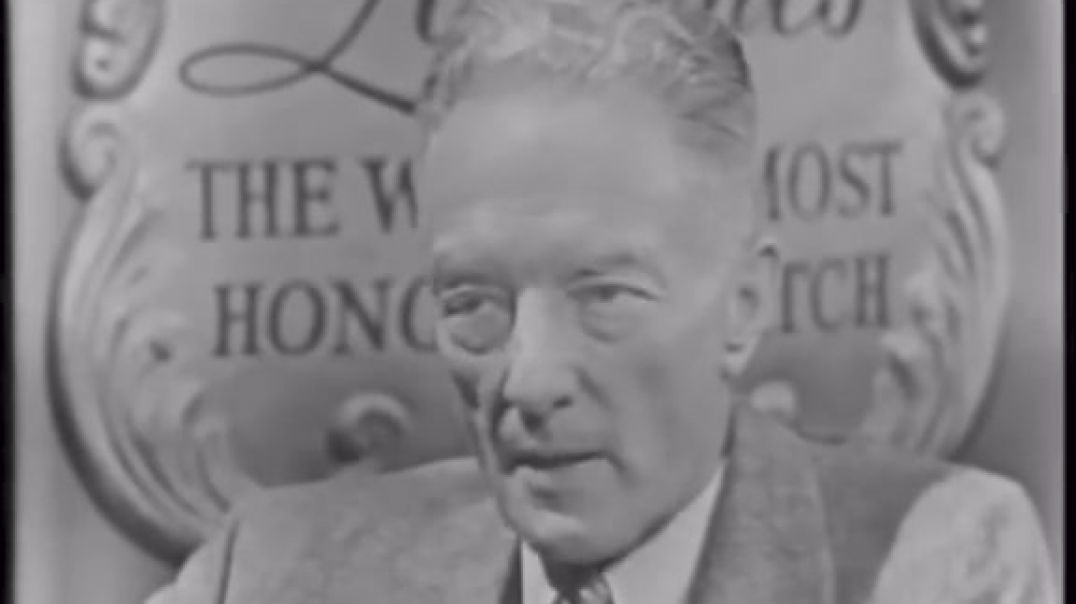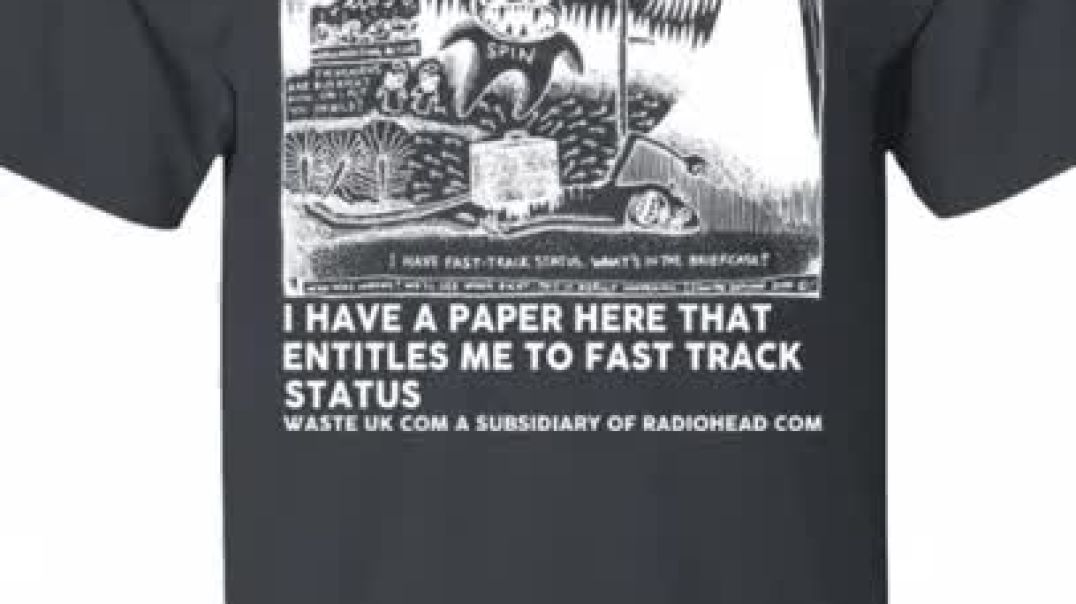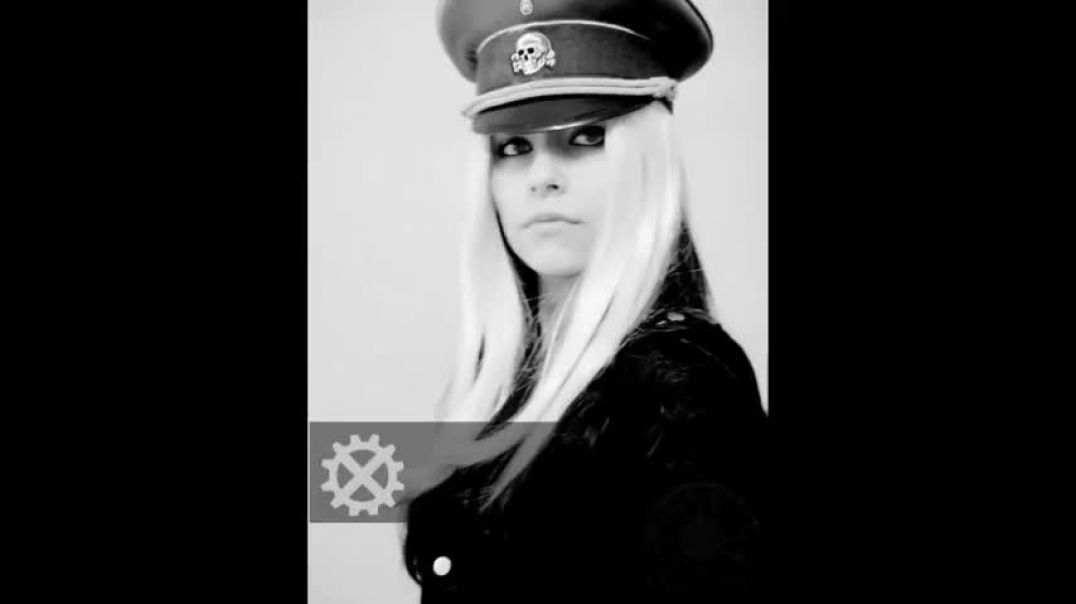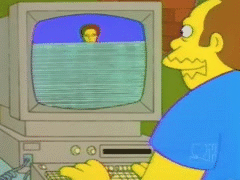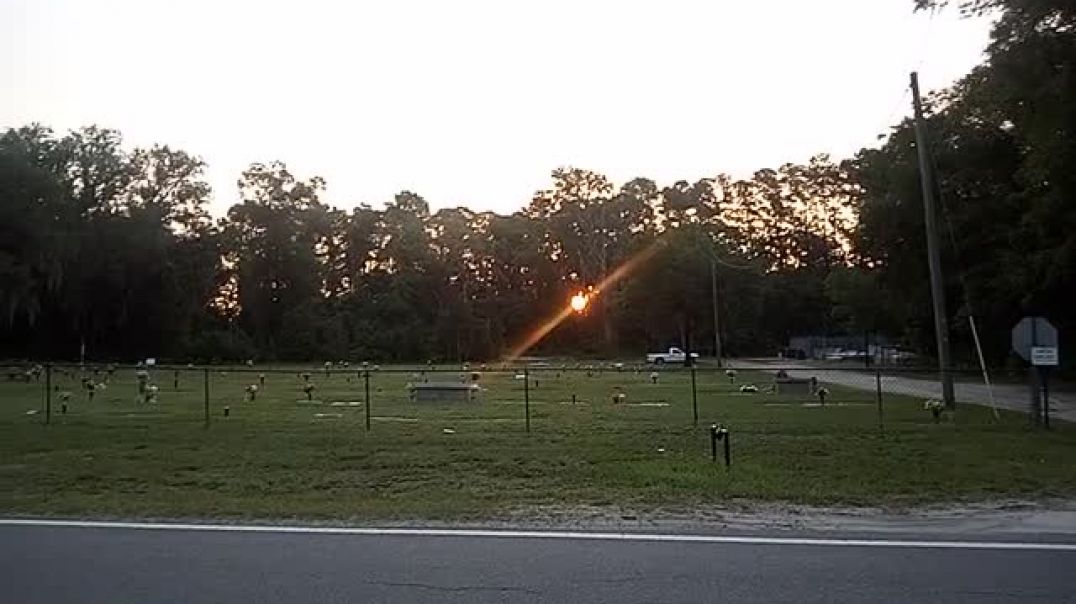Live streaming on Altcast.TV is now available!
'ANGEL AT THE FENCE' TURNS OUT TO BE USED AND BOUND 🚽 TOILET PAPER
Hoiman, Hoiman, Hoiman 🕍 why did ya LIE, guy?
The saying "if it sounds too good to be true, it probably is" seems to be one that publishers could do well to familiarise themselves with after yet another fake memoir scandal. The latest heart-rending true story of triumph over adversity to be exposed as fiction is the Holocaust survivor's tale Angel at the Fence, hailed by Oprah Winfrey as "the single greatest love story" she had ever heard.
The account by Herman Rosenblat told the story of how, as a teenage boy, he was apparently kept alive in a Nazi concentration camp by a nine-year-old girl who threw him food over the camp fence every day for seven months. Miraculously she was never spotted. Even more miraculously, the pair were reunited on a blind date years later when they had both resettled in America.
These remarkable coincidences failed to set off any alarm bells at Berkley Books, which was due to publish the book next month, or in the US media until the New Republic magazine asked Holocaust historians about the veracity of the story.
The experts noted, among other things, that it would have been impossible for the couple to meet at a fence because of the Schlieben camp's layout.
Rosenblat then admitted he had invented the tale and was forced to return the money he had received for the book.
The book's withdrawal follows similar false memoir controversies. In March, Misha Defonseca, the author of Misha: a Memoir of the Holocaust Years, admitted she had not escaped from a concentration camp aged six, trekked halfway across occupied Europe and been raised by wolves. The 71-year-old author confessed that she had fabricated the story, which was turned into a film, and was not even Jewish.
You might have thought Oprah would have been more careful, having had her fingers burned over the drug addiction memoir A Million Little Pieces, by the American author James Frey. Winfrey turned on Frey – having lauded his book on her show and seen it soar to the top of bestseller lists in the US – after it emerged he had fabricated parts of his story.
His claim to have read War and Peace while serving a jail term appeared doubtful after it was revealed that he had been detained for just a few hours. Readers who bought his book under the impression that it might be a true story were in 2006 offered a refund, estimated to have cost the publisher, Random House, about $2.35m (then £1.25m).
Similar doubts were raised over his next book, My Friend Leonard, in which Frey spends a jail sentence reading War and Peace, Don Quixote, Leaves of Grass and East of Eden to an illiterate murderer with whom he spends the afternoons – works which Slate magazine worked out at being 3,513 pages, or 115 pages of reading an afternoon.
These tall tales have joined the ranks of other great publishing hoaxes such as the Hitler Diaries. But will public humiliation deter further works of fiction masquerading as fact? Or with such a big public appetite for overwrought tales, and the financial rewards so attractive, are the hoaxers here to stay?
http://www.guardian.co.uk/worl....d/blog/2008/dec/29/h
That's nothing, goyimzes - wait until you hear about Wolf-Girl [mentioned above] 🐺😂
https://www.theguardian.com/bo....oks/2014/may/12/auth
The full story of Misha Defonseca can be read at:
https://bestsellerthebook.blogspot.com/ [lots of link rot, but some due diligence will allow you to assemble the entire tale]
